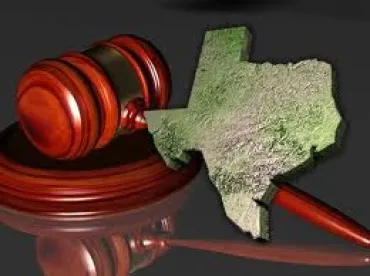Although most employers are very familiar with the usual discovery process of litigation, they may not be as familiar with the Texas Rules of Civil Procedure’s Rule 202, which concerns pre-suit depositions. Rule 202 can be used, for example, by an employer who wants to learn more about a former employee’s activities before commencing a non-compete or trade secrets lawsuit. Texas employers should be familiar with the availability of Rule 202 depositions, as well as with how to oppose an inadequately supported 202 petition, and how to use it effectively when needed.
 Rule 202 allows a person to “petition the court for an order authorizing the taking of a deposition on oral examination or on written questions:
Rule 202 allows a person to “petition the court for an order authorizing the taking of a deposition on oral examination or on written questions:
-
To perpetuate or obtain the person’s own testimony or that of any other person for use in an anticipated suit; or
-
to investigate a potential claim or suit.”
Tex. R. Civ. P. 202.1.
In doing so, a person must file a “verified petition” stating the subject matter of the anticipated action and the petitioner’s interest therein. Tex. R. Civ. P. 202.2. The court “must” grant the petition and order the deposition to be taken if it finds that:
-
allowing the petitioner to take the requested deposition may prevent a failure or delay of justice in an anticipated suit; or
-
the likely benefit of allowing the petitioner to take the requested deposition to investigate a potential claim outweighs the burden or expense of the procedure.
Tex. R. Civ. P. 202.4(a).
A recent decision from the Tenth District Court of Appeals of Texas in Waco provides appellate authority regarding the required evidentiary support for a Rule 202 petition. In In re Pickrell, No. 10-17-00091-CV (Tex. App. 10th Dist. 4/19/17), 2017 BL 129282, the Tenth District Court of Appeals found that a verified petition and the attorney’s arguments were insufficient to support a Rule 202 petition and, therefore, the trial court abused its discretion in ordering a Rule 202 deposition. The bottom line of that portion of the decision is that Texas practitioners should go to be prepared to present witness testimony at hearings regarding Rule 202 petitions.
An additional, important ruling in Pickrell is that the trial court abused its discretion in ordering the production of documents. While the statute is silent about document production, many Texas practitioners include document requests with requests for permission to take Rule 202 depositions, and with notices regarding such depositions. Pickrell provides appellate authority opposing that practice, finding that Rule 202 does not provide for such document discovery nor imply that it might be available. 2017 BL 129282 at *4.





 />i
/>i

